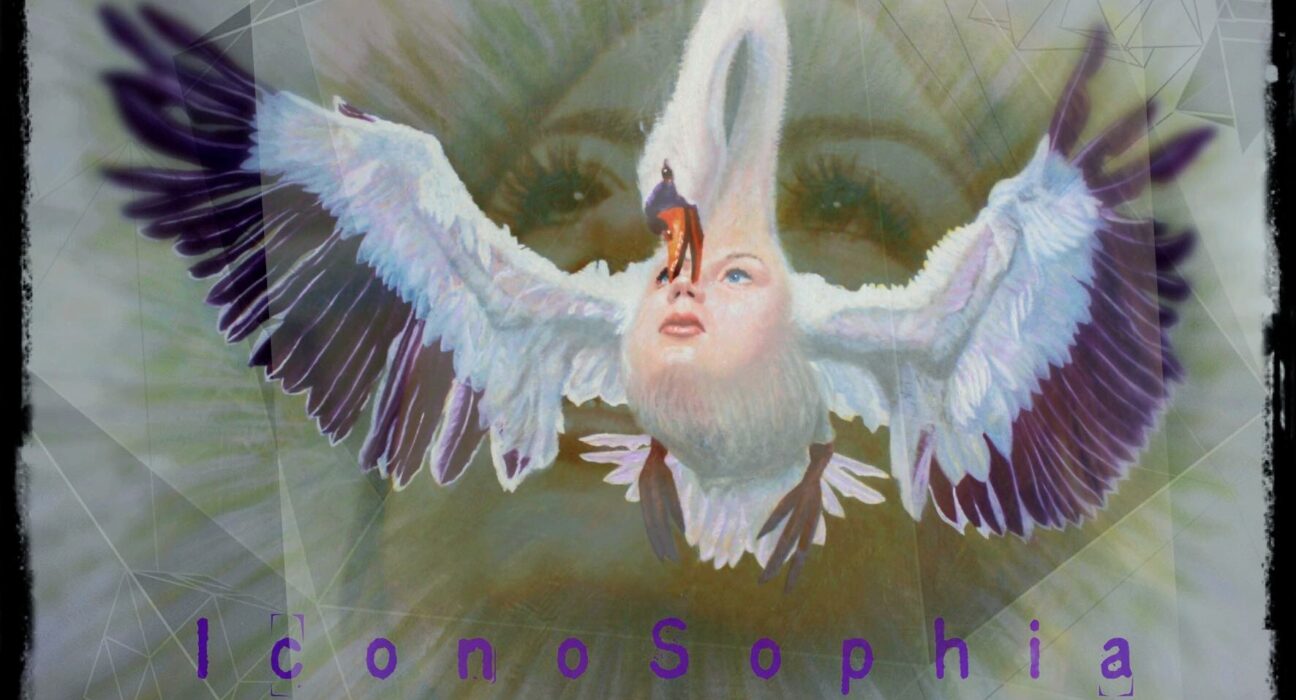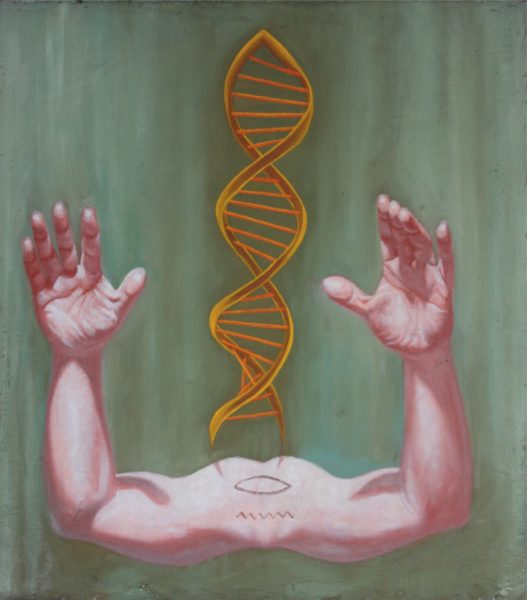I c o n o S o p h i a: la pittura filosofale di Alessandro Bulgarini – Luca Siniscalco
“E’ un luogo comune, oggi, parlare di “civiltà dell’immagine” (pensando ai nostri giornali, cinema e televisioni). Ma ci si chiede se, come tutti i luoghi comuni, anche questo non nasconda un radicale equivoco, un errore completo. Poiché invece di elevare l’immagine al livello di un mondo che le sarebbe proprio, invece che investirla di una


